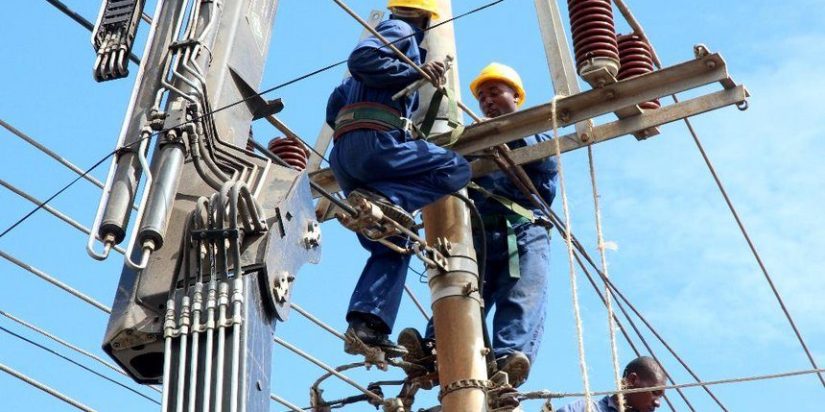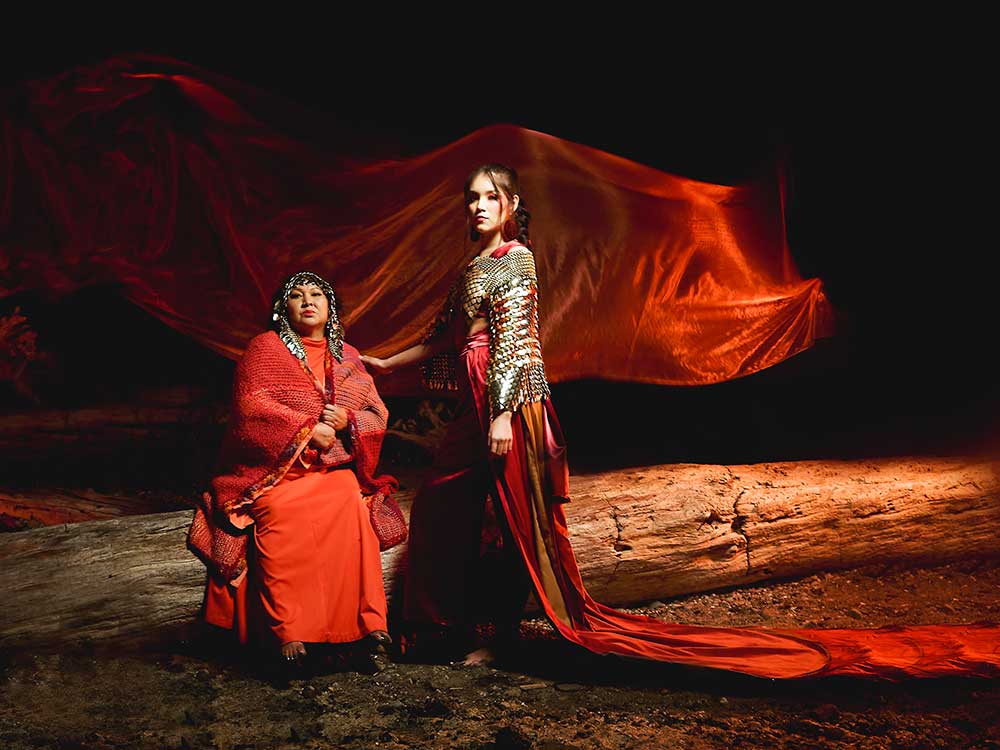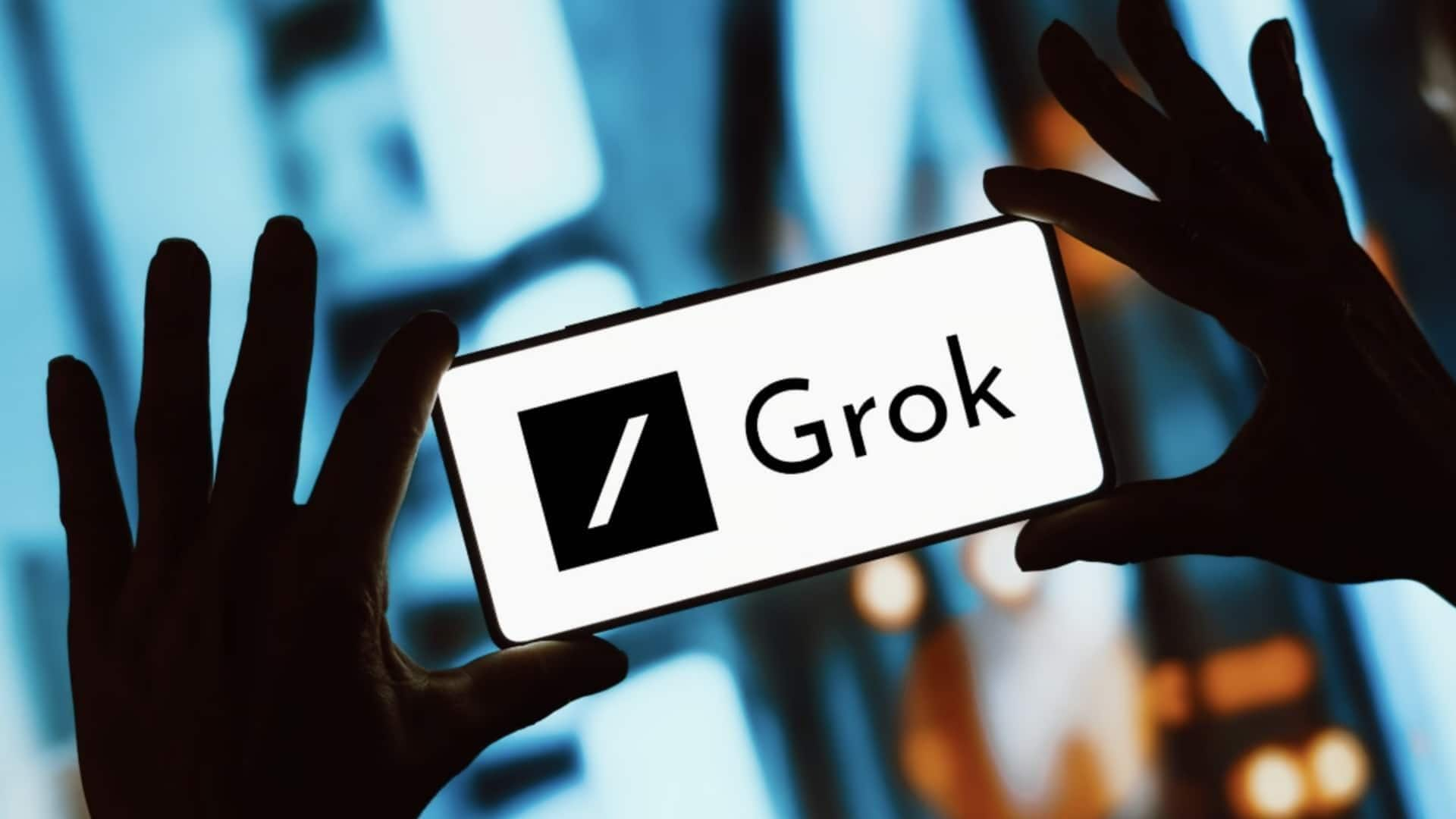
POCATELLO — A new interactive trail was recently unveiled at a local park that will help to foster early childhood learning and development. Members of the United Way of Southeastern Idaho along with the Pocatello Chiefs and community members gathered at Alameda Park last week for the ribbon cutting of the newly launched Born Learning Trails. The Born Learning trails are a project of United Way Worldwide and were made possible by the efforts of Tennille Call, director of education for United Way of Southeastern Idaho, who was in attendance for the ribbon cutting ceremony.
“It's a series of 10 signs,” Call said. “They're an interactive outdoor activity that fosters early childhood development and early childhood learning. They're really geared toward families with children of zero to five, although everybody can enjoy them as they walk through the park.
They consist of engaging signs with prompts of things that families can do or talk about and some of them have painted areas on the ground with hopscotch or letters or numbers to be able to help them to be able to interact with the trail.” Call continued, “It really just kind of transforms a public space into an everyday learning opportunity for families to be able to realize how simple and easy it is to interact with our kids and make any moment a teaching moment.” One of the learning trail signs next to the playground at Alameda Park.
Scattered throughout the park and set along the paved walkway are a variety of these learning trail signs that prompt parents and their children with opportunities to explore their senses, spur their imagination and encourage teachable moments with numbers and letters. One of the learning trail signs next to the playground at Alameda Park. This isn’t the first time that United Way has installed Born Learning Trails at local parks.
A number of years ago, other learning trails were installed at Sacajawea and Raymond parks. Due to the consistent flooding near Sacajawea Park and the eventual degradation of the signs through wear and tear, plans have been put forward to repair and replace the damaged signs there. “In anticipating replacing those (signs), we reached out to city of Pocatello and got an opportunity to also install another trail here at Alameda Park,” Call said.
“This is a new existing trail that just was installed. The Raymond and Sacajawea parks will be updated in the spring, when we can dig again.” Creation and implementation of the learning trail signs were made possible through collaborations between Titan Steele, who helped fabricate the posts, and local Idaho State University fraternity Tau Kappa Epsilon, which dedicated volunteers to their instillation.
“They got in contact with us because they needed some new post signs,” said Chance Reynolds, president of Tau Kappa Epsilon. “We were the ones who were digging holes, putting up the signs, pouring cement for these signs and we were basically the muscle behind the whole event. The whole reason why we decided to get help is because we want to change the stereotype around fraternities and what fraternities can do.
We want to help with this much we can and basically get more involved in the community. Last year we (achieved) 500 community service hours in total. This year, we're aiming for 1,000.
” Other collaborators include partnering with the American Falls School District for an initiative called Read Talk Play Everyday, which encourages parents to engage in those three facets with their children every single day. “That was sparked from really starting to realize that kids are not coming to school ready, that many of them are struggling once they get to school and are already behind,” Call said. “We know that intelligence level or kindergarten readiness has little to do with intelligence and everything to do with exposure.
We can fix that as a community. We can give opportunities and come together as a community to be able to create these opportunities for kids that are accessible to anybody, regardless of socioeconomic status or anything like that. (It gives) opportunities for families to be able to access this at no cost.
”.








